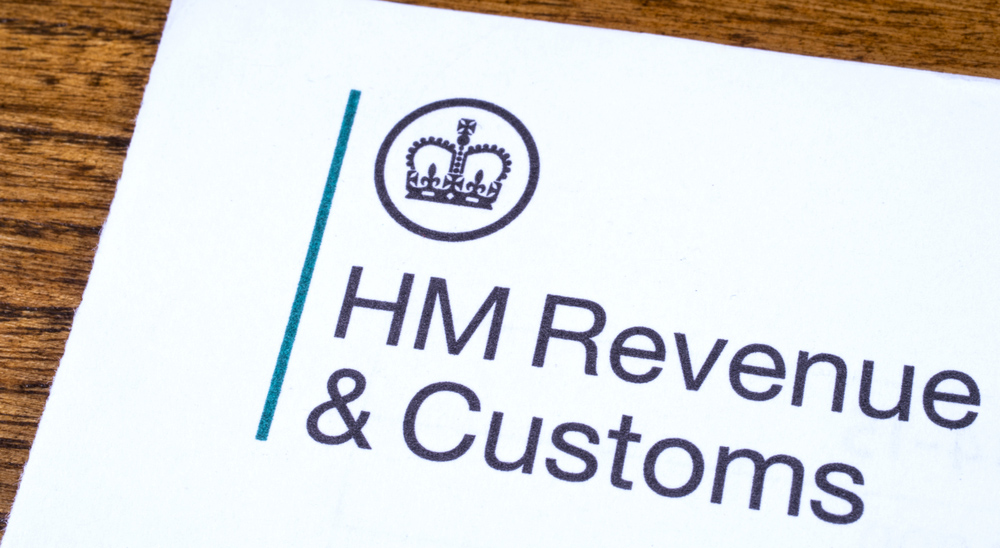
How hard is it to pay tax?
How hard is it to pay tax?
Tue 03 Mar 2020
You would think it should be very easy to pay money to HMRC. After all, as we are being regularly reminded, it is the very raison d’etre for its existence. It is the channel for funds to the Treasury and thence to all the good things that the government pays for.
Well, the practice of doing so can be more difficult that you might expect. Recently, a colleague brought my attention to the linked announcement by HMRC:-
“Pay your tax bill by Certificate of Tax Deposit (CTD).”
https://www.gov.uk/guidance/certificate-of-tax-deposit-scheme#overview
Regrettably, the title is rather misleading since you are no longer allowed to pay your tax bill this way. Rather than being an ongoing invitation to taxpayers to use the CTD facility, the announcement was merely a reiteration of the decision in November 2017 to cease offering the facility that allowed taxpayers to essentially make a general payment on account of potential tax liabilities.
A CTD was actually a pretty useful tool for those dealing with Tax Investigations, for the Inspector as well as agents. The difficulty with such cases is that, typically, formal enquiries are still ongoing so there is no formal charge / assessment against which HMRC systems can recognise and allocate the money received.
CTDs acted like deposits into a general bank account owned by HMRC. They were useful since they allowed a client a great deal of flexibility about the timing and amounts of payments to be made against an investigation settlement. Such payments are always to be encouraged since they will reduce the interest accruing on the unpaid liabilities. (They also used to be also taken as a sign of co-operation and thus helped to mitigate penalties, but this benefit disappeared with the new aligned penalty regimes of the Powers Review from 2007 onwards).
It is our experience that making payments on account towards settlements is surprisingly difficult at times and can lead to complications. Even after the online notification of a disclosure, for example, it can take several weeks for the payment reference to be generated and supplied to the client through the post. This delay can create a loss of momentum. Copies are generally not sent to the agent, which does not help co-ordination with the client.
It is therefore a shame that this facility is no longer offered as an alternative. The reasons are not given, but one senses that perhaps the costs of administering the scheme were seen as an obvious target for cuts within HMRC.
Of course, HMRC has been running its separate offer for payments on account through the “SAFE” system for some years now. But this is not as accessible to clients and we are aware of errors where amounts have mysteriously been reallocated onto the client’s ITSA account – with awkward consequences that can take some unravelling.
We have had money spontaneously returned to clients who are rather baffled to receive refunds of tax following their “claim” (according to the generic letter that accompanies such correspondence). More than once, I have had a client query why they are being repaid tax when I’ve just spent the last few months carefully explaining why, in fact, it is they who need to be writing out the cheque.
A final point also caught my eye in this announcement. It appears that all unclaimed balances from 23 November 2023 will be forfeited, apparently to the Treasury. A nice windfall – I wonder how much will be involved. A slightly awkward comparison with this approach, however, might be the Unclaimed Assets Regime operated on assets owned by banks where ownership has not been traced after 15 years. Yet, ordinarily the recipient under that regime is charitable causes.
Perhaps the Treasury should act with the same charitable spirit with the unclaimed CTD balances as it expects other financial institutions to exhibit?
David Lewis, Senior Tax Manager
David is a Senior Tax Manager in the Tax Investigations Team, based in Manchester but covering all of the North. He joined Mazars in 2018, having spent 20 years in a variety of compliance roles across HMRC, including Head Office specialist positions in Tax Administration. His last role was leader of the High Net Worth Unit in Nottingham.
David can be contacted at david.lewis@mazars.co.uk or by phone on 0161 238 9269.





